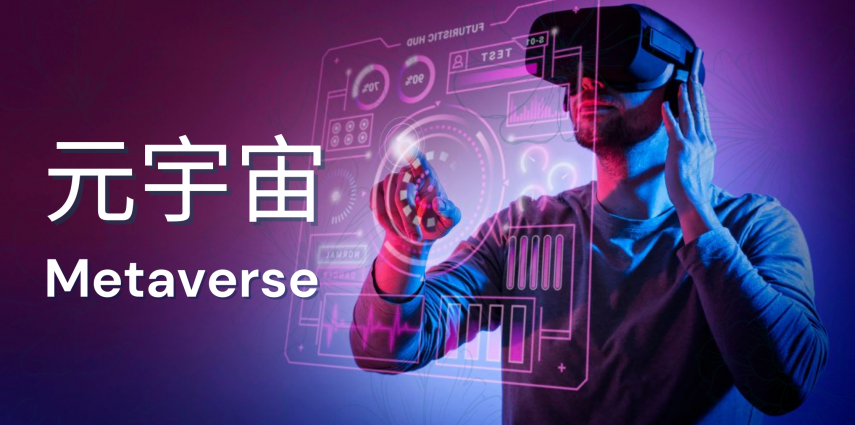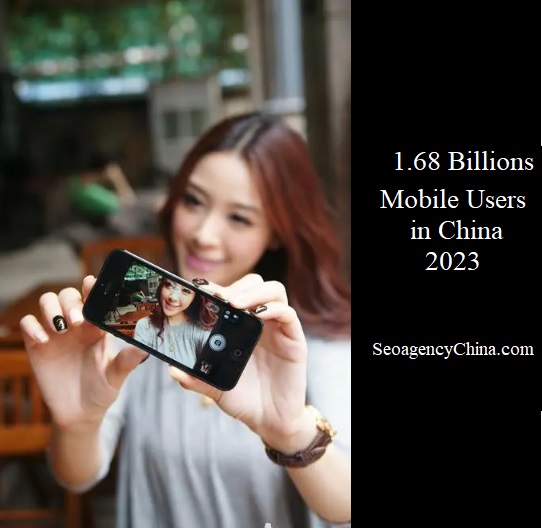Will the Concept of Metaverse Take Off in China?

The metaverse is a virtual world that exists as an extension of the internet. It allows users to interact with each other in a 3D environment and can be used for gaming, social networking, or business purposes. While the concept of the metaverse has been around for some time, it has yet to take off in China. There are already signs that it could be an enormous success, so let’s take a look at some of the reasons why the metaverse may be starting to gain traction in China.
What is metaverse and why is it gaining popularity in China
This idea is not new. The “SecondLife” app was launched in 2003. It promised a new way to live virtually by allowing avatars to shop and interact with others. Although big brands were quick to open virtual shops, Second Life never saw more than one million users.
Cost-Effective Agency
KPI and Results focused. We are the most visible Marketing Agency for China. Not because of huge spending but because of our SMART Strategies. Let us help you with: E-Commerce, Search Engine Optimization, Advertising, Weibo, WeChat, WeChat Store & PR.
The recent Facebook name change to Meta has fueled hype for metaverse products. However, the term “metaverse property”, is still a loosely defined one. Although believers are hopeful of one day owning a house in a Matrix-like simulation world, the market now encompasses everything from digital images of houses that were traded as NFTs to virtual reality homes in games.
They might, according to the current excitement and a surge in virtual socializing due to the pandemic. The pace at which company meetings are mentioning the metaverse has accelerated more quickly than previous technological trends.
The success of Decentraland and The Sandbox have fueled much of the excitement around metaverse property. These virtual worlds allow users to purchase virtual land and then customize it in a kind of localized videogame. Land records are kept on a Blockchain. An appropriate comparison would be to reimagine Second Life as a blockchain-generated videogame.
The challenges that the metaverse faces in China
Regulations & Trademark:
As authorities attempt to stop the abuse of the registration process, the Chinese government has begun rejecting related trademark applications. This is in response to the fast-paced submissions from many companies since last.
The National Intellectual Property Administration has denied registration of trademark applications that contain Yuan Yuzhou (Mandarin for metaverse), for instance:
- Applications by NetEase and iQiyi were among those that were rejected.
- Applications from the country’s tech giants, Tencent and Alibaba (which also owns the SCMP), are still being reviewed.
This was done in an effort to stop a rush of trademark applications that could lead to trademark squatting. A situation in which someone else than the original brand owner acquires a trademark. It also causes confusion among consumers. Experts believe this indicates that authorities are trying to dispel any hype surrounding the technology industry’s metaverse.
Metaverse with Chinese caracteristics:
Experts believe that Beijing has plenty of space to co-opt the development of China’s metaverse, especially since the current metaverse buzz coincides with unprecedented regulatory crackdowns on other industries.
“Traditional Chinese internet companies were established first, and then they were regulated. “Industries like the metaverse will become regulated as they develop,” Du Zhengping, the head of the state-backed China Mobile Communications Association’s industry metaverse, said. Experts also point out that China tightly regulates gaming, which is considered the gateway technology for the metaverse.
The government must approve all games. Battle games are permitted, but strong violent content like the depiction or death of human beings is prohibited. Anything that could be considered obscene is also banned. Authorities have taken steps to curb gaming by minors and excessive adulation of stars and money as part of their regulatory crackdown.
The opportunities that the metaverse provides for businesses and individuals
- Real estate investment: A growing number of Chinese mainlanders are trying to purchase real estate in Decentraland or The Sandbox. Sixth Tone spoke to Carson, a Chinese investor who invested in The Sandbox early. He said that metaverse property was attracting three types of people: “The opportunists and investors” and “The idealists.” Virtual land owners in The Sandbox and Decentraland have the ability to use their virtual land to create custom “worlds”, which are basically video games built with tools provided through the platform. Carson stated that metaverse property is the freedom to create your own lifestyle.
- Fashion: Designers create and preview virtual products online. This allows them to modify and delete items without waste. Many artisans were forced online by the coronavirus pandemic, and fashion brands are trying their best to establish themselves on top websites.
- Tech companies: If American tech giants like Apple launch VR headsets branded, then technology hardware companies will be first to reap the benefits (Facebook already has one, but there are more ambitious versions). Given that headsets will cost around US$3,000, the initial increase in revenues is unlikely to be significant. This makes them out of reach for many. However, some firms may eventually be able to achieve higher valuation multiples through the integration of software and hardware.
- Chip & component Suppliers: Early beneficiaries could include suppliers of key components such as processors and sensors. As headsets become less dependent on cameras, companies that make 3D sensors may see their valuations rise. However, processors and AI engines required to crunch real-time data might also be more attractive to potential customers.
The future of the metaverse in China
Although China has tighter regulations, the government seems to be supportive of metaverse development. However, it may impose restrictions on content for children. It could have an enormous impact on global technology supply chains and the economy as a whole over a longer period of time. The future of the internet is in the metaverse.
Need help getting ready for conquering china’s metaverse?

Contact us! we have solutions for you








When influencers curate their social media presence, more often than not they fall in between the cracks of ‘Is this truly who I am’ and the constant pressure to look perfect. In the Metaverse, it’s truly down to the individual how they choose to market themselves. The Metaverse will not look like real life, therefore it’s likely that influencers won’t feel the pressure to look a certain way since they will look like avatars and not like real people.